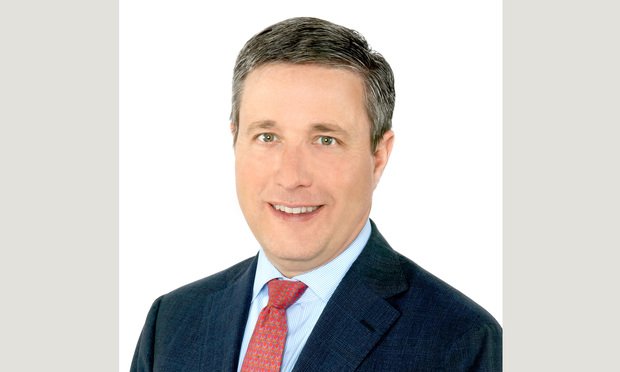 Joseph Blanco, general counsel of Crawford & Co., will take over as president on May 15. (Courtesy photo)
Joseph Blanco, general counsel of Crawford & Co., will take over as president on May 15. (Courtesy photo)
For more than three years, Joseph Blanco has served as general counsel of Atlanta-based claims management firm Crawford & Co. But his role will change later this month when he steps up to serve as president of the company.
Recommended For You
Want to continue reading?
Become a Free PropertyCasualty360 Digital Reader
Your access to unlimited PropertyCasualty360 content isn’t changing.
Once you are an ALM digital member, you’ll receive:
- Breaking insurance news and analysis, on-site and via our newsletters and custom alerts
- Weekly Insurance Speak podcast featuring exclusive interviews with industry leaders
- Educational webcasts, white papers, and ebooks from industry thought leaders
- Critical converage of the employee benefits and financial advisory markets on our other ALM sites, BenefitsPRO and ThinkAdvisor
Already have an account? Sign In Now
© Touchpoint Markets, All Rights Reserved. Request academic re-use from www.copyright.com. All other uses, submit a request to [email protected]. For more inforrmation visit Asset & Logo Licensing.








